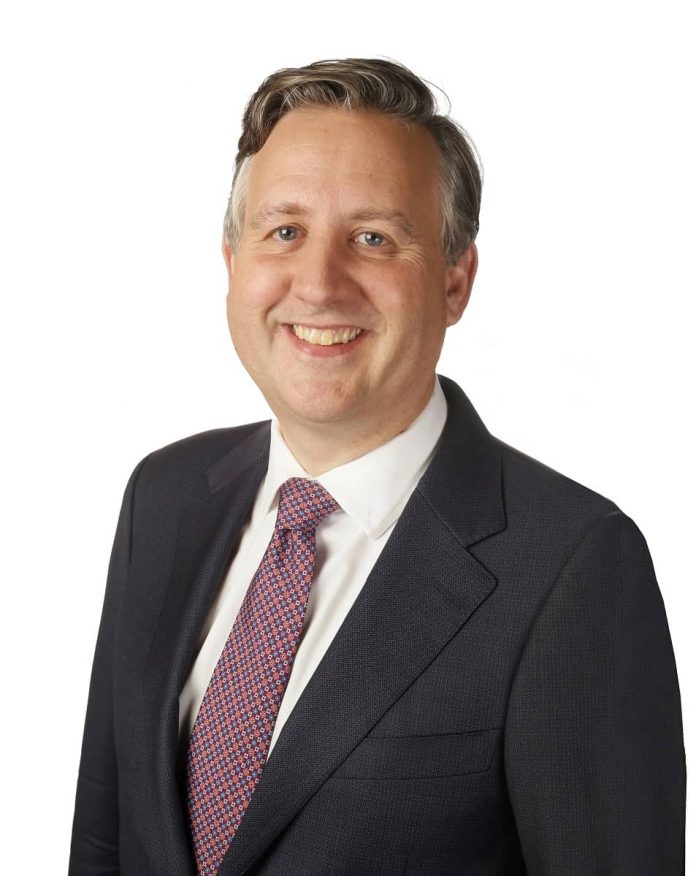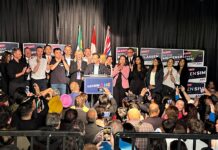
Official photo
MEASURES to speed up the permitting of new housing, trades and development in The City Of Vancouver are showing significant results, with several new initiatives already in the works.
The City announced that its new and existing efforts to transform planning and development processes were presented to City Council on Tuesday, and staff outlined how response times have been improved in many key areas, such as affordable housing and single family housing.
“Speeding up the permitting process helps reduce costs and increase certainty for projects, especially for urgently needed affordable housing,” said Vancouver Mayor Kennedy Stewart. “By increasing staff, reducing red tape and moving more of our processes online we are better serving small- and-medium sized developers and homeowners, and I’m looking forward to seeing continued results as more improvements are put into place.”
Key 2018-2019 improvements include:
- Approving 900 affordable housing units, with development permit approvals reduced to 12 weeks through the SHORT pilot;
- 600 units of temporary modular housing delivered by expediting development approval in 4-9 weeks;
- Reviewing 75% of low density housing permits in under 12 weeks, a timeframe supported by industry;
- Reducing single family and laneway home permit processing from 28-38 weeks to 6 weeks through the ASAP pilot;
- Decreasing Service Centre wait times by a third on average in 2018;
- Moving more permit applications online and simplified web content in several areas;
- Training over 230 staff in new development policies and procedures;
- Hiring 42 new staff in 2018, with a further 43 planned for 2019, prioritized toward housing, commercial, and green infrastructure developments; and
- $550M to fund water, sewer and green infrastructure expansion through a new City-wide Utilities Development Cost Levy (DCL).
“We have seen great improvements over the past year and expect that the combination of extensive stakeholder engagement, strategic process and technology improvements, focused policy updates, and additional staff will have further impact in 2019,” said Kaye Krishna, General Manager, Development, Buildings and Licensing. “Through partnership and collaboration with developers, architects, business owners, and others that regularly apply for permits, we have designed solutions to meet their needs for increased transparency, consistency, and speed.”
These improvements come as the City continues to see unprecedented levels of development and permit applications, with a 97.5% increase in rezoning applications since 2010.
“Going forward the City will continue to focus on our priority initiatives that have shown results, and identify transformation and innovation opportunities that could deliver permitting more quickly,” said Gil Kelley, General Manager of Planning, Urban Design and Sustainability. “We’ve heard clearly that more needs to be done to deliver multi-family housing and better support arts, culture and community serving spaces, so we’ll be making that an additional focus as well.”
Initiatives launching or already underway include:
- The Regulatory Redesign Program to simplify, clarify and update the City’s regulations;
- Several pilots to considerably improve the commercial renovation permitting process, in partnership with businesses and stakeholders;
- Clarifying and increasing certainty for applicants in the Community Amenity Contribution (CAC) process;
- Piloting a fast track and further improvements at the Service Centre;
- Making it easier for homeowners to register their secondary suites; and
- Improving online information and services to help people do more online and reduce the need to show up in person.
To achieve these improvements the City has focused on accelerating reviews, streamlining the decision making process, simplifying rules and standards, empowering staff and educating homeowners and professionals to support them in applying more effectively.
Additional data for 2018:
- 7,742 development and building applications received;
- 23,610 trades permit applications received;
- 7,267 dwelling units received building permits (compared to 6,561 in 2017); and
- 7,253 Social and Supportive Housing units approved in total since 2008.












